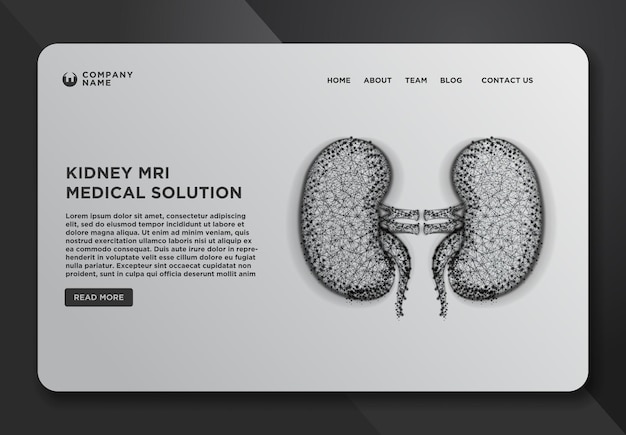Kidney – Fascinating Facts for Your Health

The kidneys are bean-shaped organs located in the lower back of the body.
Each kidney is about the size of a fist.
The kidneys play a crucial role in filtering toxins and wastes from the blood.
Healthy kidneys also maintain the balance of fluids and electrolytes in the body.
The kidneys produce urine as a way to eliminate waste and excess fluid.
Kidneys are responsible for controlling blood pressure.
A person can live with only one kidney, as long as it is healthy.
The kidneys receive about 20% of the blood pumped by the heart.
Kidney stones, made of calcium and other substances, can form when the urine becomes concentrated.
Kidney stones can be extremely painful when they pass through the urinary tract.
Chronic kidney disease is a condition in which the kidneys stop functioning properly over time.
Dialysis is a medical procedure that replaces kidney function by filtering and purifying the blood externally.
High blood pressure and diabetes are the leading causes of kidney disease.
Drinking plenty of water is essential for maintaining healthy kidney function.
Regular exercise can help reduce the risk of developing kidney problems.
Certain medications, when taken in excess, can cause kidney damage.
Kidneys help regulate the production of red blood cells.
Kidneys play a vital role in activating vitamin D to maintain strong bones.
The kidneys produce hormones that help regulate blood pressure.
Kidney – Fascinating Facts for Your Health part 2
Smoking can increase the risk of kidney disease.
Kidneys are sensitive to changes in blood sugar levels.
High consumption of sodium can put a strain on the kidneys.
Kidneys can be affected by autoimmune diseases, such as lupus.
Kidneys can be damaged by certain infections, such as urinary tract infections.
Kidney transplants can be a life-saving treatment for people with kidney failure.
Regular check-ups with a doctor can help detect kidney problems early.
Acute kidney injury can occur as a result of severe dehydration or blood loss.
Fatigue and weakness can be symptoms of kidney disease.
The color and odor of urine can be an indicator of kidney health.
Kidneys can filter up to 150 quarts of blood per day.
Drinking excessive amounts of alcohol can harm the kidneys.
Kidney disease can increase the risk of heart disease and stroke.
Maintaining a healthy weight can reduce the risk of kidney problems.
Kidney disease can be hereditary in some cases.
Kidneys can be damaged by certain over-the-counter pain medications.
Alcohol-related liver disease can also affect kidney function.
Consuming a diet high in fruits and vegetables can promote kidney health.
Kidney infections can cause severe pain in the lower back.
Drinking cranberry juice has been shown to help prevent urinary tract infections and promote kidney health.
Kidney disease can lead to an accumulation of toxins in the body, affecting overall health.
Cutting down on processed foods and high-sodium snacks can protect your kidneys.
A healthy diet and regular exercise can reduce the risk of kidney disease by up to 50%.
Kidney disease often progresses slowly and may not cause noticeable symptoms until later stages.
Chronic kidney disease can lead to bone disease and increased risk of fractures.
Regular medical check-ups and blood tests can help monitor kidney function and detect any potential issues early on.

